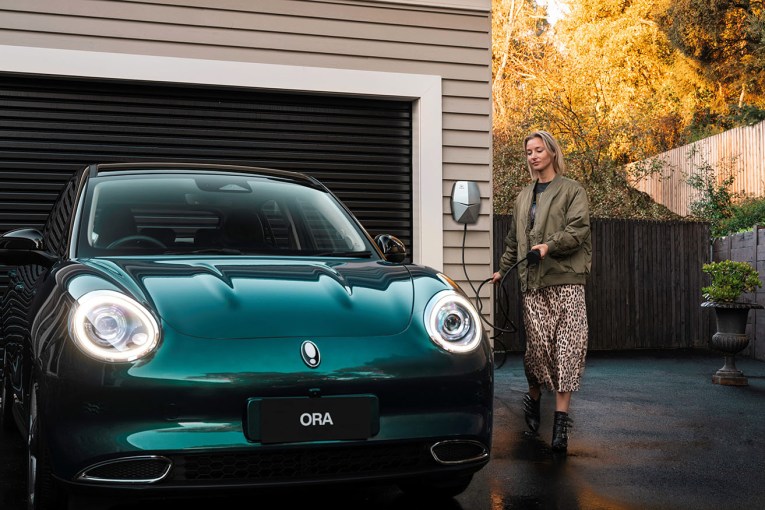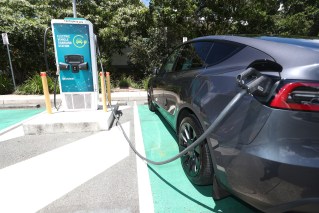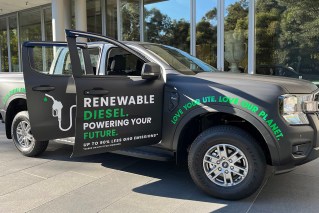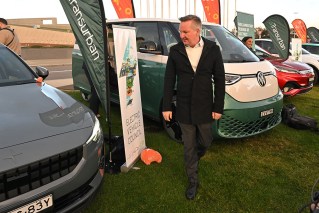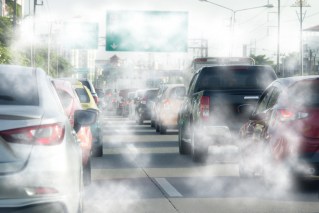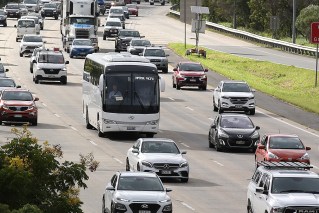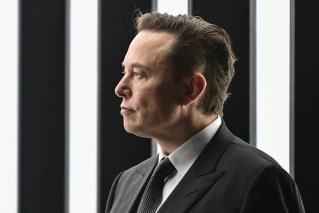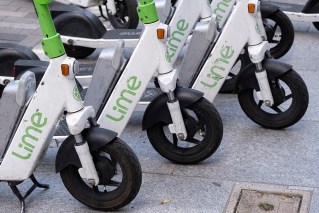Electric cars ‘will never’ be as cheap as petrol or suitable for our long-distances: BMW guru
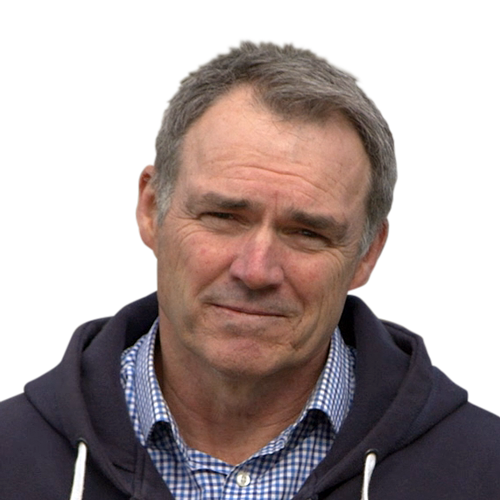
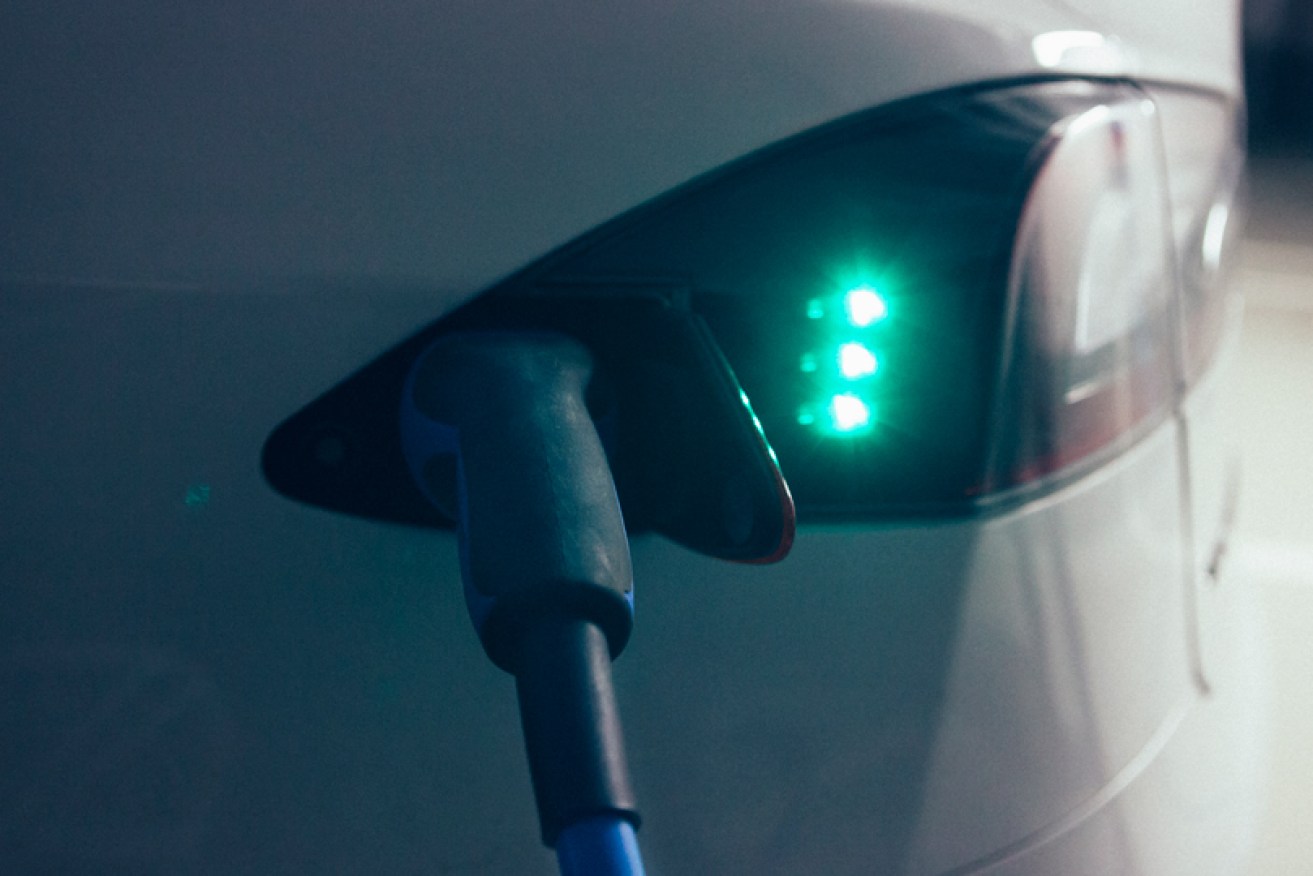
Electric cars will need subsidies to compete, car researcher says. Photo: Getty
Getting excited about the rush of battery electric vehicles coming to Australia? Well, unless you’ve got a lot of bucks to spend, you’ll be pumping petrol for years to come.
That’s the forecast from the chief of research and development at BMW, the German luxury automaker that has committed to having 12 battery electric vehicles on-sale by 2025.
But Klaus Frohlich also estimates 85 per cent of BMW’s model line-up will still be powered by petrol or diesel internal combustion engines in 2030.
“If you look at the CO2 regulations worldwide there is an ambition to have a high number of battery electric vehicles,” Mr Frohlich told The New Daily at last week’s Paris motor show.
“The only problem is we do not find customers who want to drive an electric vehicle and face all the constraints that come with that.”

Klaus Frohlich worries about increasing demand for rare earth metals, which will drive up the cost of batteries. Photo: BMW
The biggest issue he cites is price. Without financial subsidies EVs will not be able to overcome the cost of their lithium-ion batteries to compete with conventionally-engined vehicles.
“No, never, never,” he insisted.
Mr Frohlich said the cost of a 100 kilowatt hour (kW/h) battery pack that provides an EV about 500km of range, costs up to $25,000 alone.
“You can produce whole [conventional] cars with the cost of the [EV] battery,” he said.
And Mr Frohlich claimed that building more batteries won’t reduce the cost because that will drive up the demand for cobalt, a rare-earth metal critical to the manufacture of lithium-ion batteries.
Frohlich also described the EV discussion as “a bit irrational”.
“Perhaps in the eastern region of China; Beijing, Shanghai, Hong Kong … they might be 100 per cent electric.
“But the world – Russia, Australia, USA, big portions of Europe – they will have combustion engines for a very long time.”
BMW is making concessions to electrification, confirming every petrol and diesel engine in its range would have some form of hybrid assist by 2025 to reduce fuel consumption and emissions and boost power.
BMW’s negative forecast about EV take-up rates and costs comes in the same week fellow German luxury brand Porsche announced it would be exporting its first EV, the Taycan saloon, to Australia from mid-2020.

BMW is releasing its second electric car, the iX3, next year. Photo: BMW
No pricing has been released but the Taycan is expected to compete against the Tesla Model S, which is priced between $125,000 and $250,000 drive-away.
At the other end of the scale, the Renault Zoe mini-car is available to the Aussie public from $47,490, while the second generation of one of Australia’s most affordable EVs, the Nissan Leaf small car has been confirmed for Australian sale in mid-2019.
Again, no pricing was announced, but its predecessor was discounted to $39,990 because of slow sales.
BMW currently sells only one EV, the oddball i3. It’s Australian pricing starts at $68,700. Its second EV, the iX3 SUV, launches in 2019.
The Mercedes-Benz EQC, Audi e-tron EV SUVs and Jaguar i-Pace have all been recently unveiled. The Jaguar is on sale late 2018 and the Benz and Audi in 2019. All here will be priced well over $100,000.
Upcoming EVs
Jaguar i-Pace November 2018
Hyundai Ioniq December 2018
Hyundai Kona EV Q1 2019
Audi e-tron mid-2019
Kia e-Niro late 2019
Mercedes-Benz EQC late 2019
Tesla Model 3 late 2019
BMW iX3 2019
Porsche Taycan mid-2020
Audi e-tron Sportback 2020
Audi e-tron GT 2021
Volkswagen I.D. 2021
